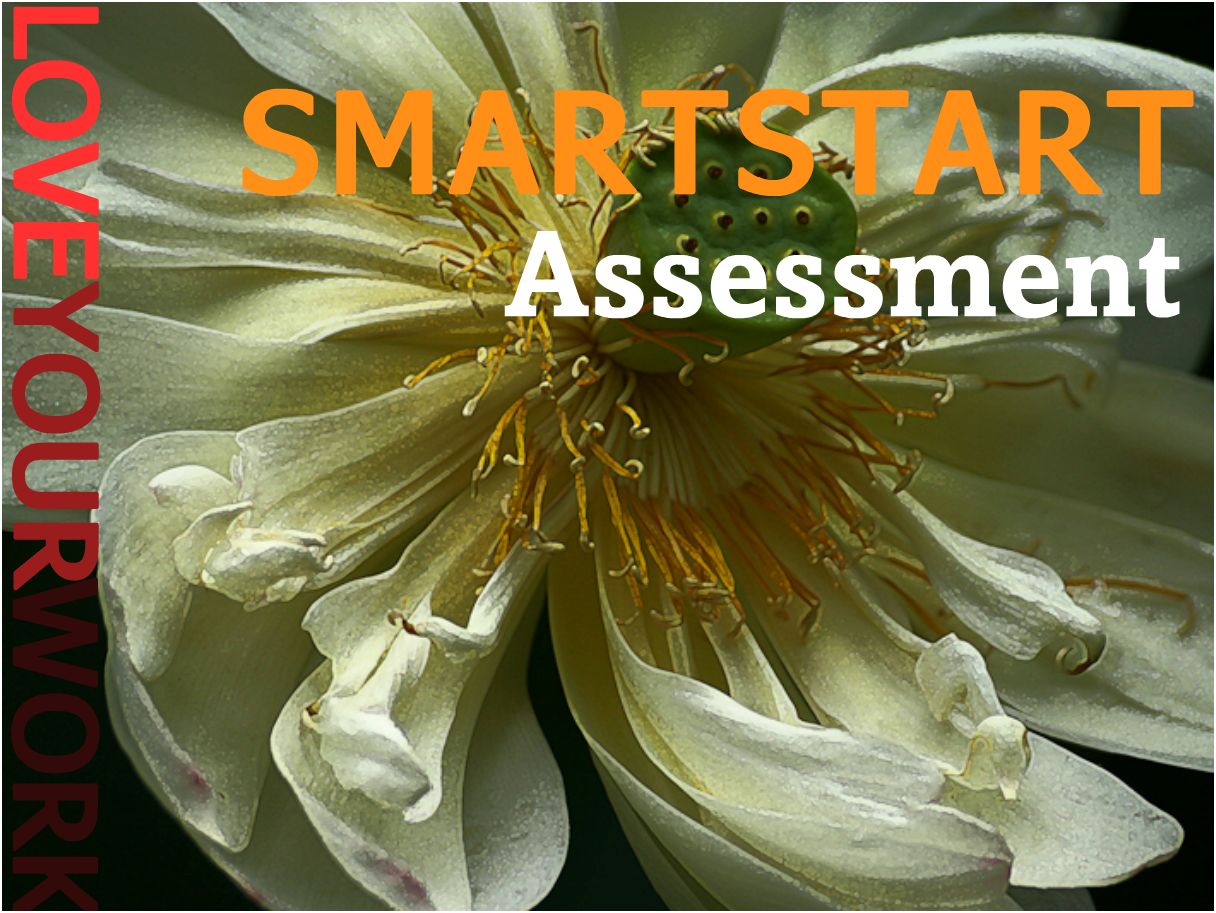
Assessments help you determine whether or not the programs you sell deliver promised outcomes.
Many business owners put a lot of time into creating and marketing their educational courses, webinars and live events but forget to create an assessment process that tells them whether or not their offerings are effective at delivering promised learning outcomes.
When developing an assessment for this purpose, you need to create a process that provides information you can use to prove the effectiveness of your offerings and show you how your programs can be improved.
You may also want to design the process to inform key stakeholders (such as strategic partners, investors, and joint venture promotional partners) about issues that can impact program sales and customer learning.
A formal assessment process helps you answer three questions about your programs:
- What are you trying to do?
- How well are you doing it?
- How (using the answers to the first two questions) can you improve your offerings?
Effective program assessments share five common characteristics. In general, they are:
- Systematic — They use an orderly, open method of obtaining assessment information over time.
- Tied to your mission statement and objectives — They are an integral part of your business or program brand.
- Ongoing and cumulative — Over time, they build a body of evidence you can use to improve your programs and related products and services.
- Multi-dimensional — They assess all aspects of your offerings (marketing, sales, execution, delivery, support), using multiple methods (e.g., surveys, feedback and evaluation forms, telephone followups) and sources (students, affiliates, promotional partners and so on).
- Practical — Assessment results are used to improve your offerings and are communicated to key stakeholders.
Here’s a 12-point checklist to consider when designing your program assessment process:
- Have a clear mission and know your business objectives for the program(s) offered
- Create specific goals for customer outcomes and processes
- Identify related activities for each goal
- Brainstorm appropriate performance indicators to assess
- Evaluate and select the measures to define, collect, and review
- Identify the assessment methods to use for data collection
- Develop a plan for collecting and evaluating assessment data
- Assign priorities to your goals and objectives
- Set timelines and identify key milestones
- Implement your assessment plan and process
- Review, evaluate and use assessment results to improve programs and business processes
- Communicate your findings to key stakeholders (and customers too, if appropriate)
Ultimately, you tailor your approach to respond to your business goals and timelines, taking into account your own expectations and external partner/investor requirements, or both. You can’t manage what you don’t measure and you won’t improve and stay competitive if you don’t regularly assess program performance.



